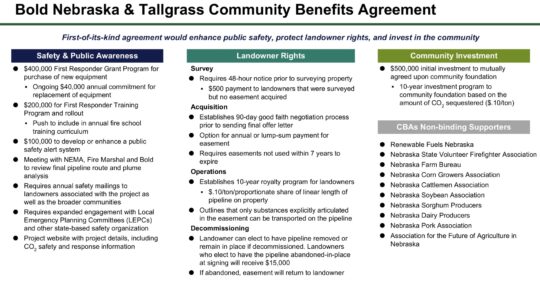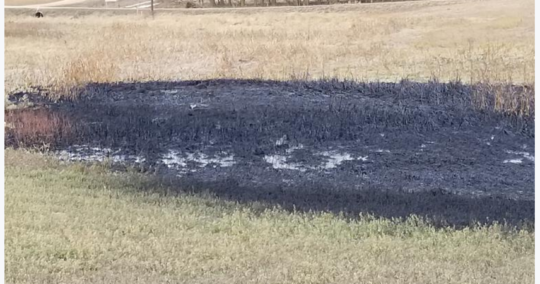Bold is part of a family called Progress Now that shares resources and ideas on how we can move our states forward on big issues. Today they sent out a resource for parents and educators as communities struggle to explain and make sense of the tragedy in Newtown, CT.
The National Education Association (NEA) wrote a research-based crisis guide as a tool for parents, educators, administrators and school board members to use during this type of tragedy, http://crisisguide.neahin.org/crisisguide.
How Parents Can Help: http://crisisguide.neahin.org/crisisguide/tools/p3_2.html
How Educators Can Help: http://crisisguide.neahin.org/crisisguide/tools/p2_17.html
This is step by step guide for parents, educators and administrators about how to respond to a school crisis, including providing advice to educators about how to talk about these incidents with kids in an age appropriate way.
Students across the country will likely hear about this tragedy, so educators and administrators across the US will need to know how to address this in their own schools tomorrow when children come back to school. The questions and suggested lesson plans/discussion guide can be modified for any educator (whether in an impacted school or not) to use with students. The most important thing all educators, parents, and other adults must do for kids is to create a sense of normalcy and assure a sense of safety.
Please share the NEA guide with any school board members, educators and administrators that you know.
| |
| |
| |
- Be available to listen. Let your child talk without passing judgment. Let children know their feelings are normal.
- Stay physically close. Children may need extra hugs and reassurances of love as they recover from trauma.
- Honor children’s privacy. Let children take time to figure things out and express their feelings. Don’t force them to talk.
- Assure children they are safe. Tell them about the safety steps being taken, and ask about their safety concerns.
- Spend extra time together. Plan family activities that everyone enjoys and let your children know you are there for them.
- Establish positive routines and go back to former routines as soon as possible.
- Limit or avoid TV viewing of the tragedy. Seeing the event replayed may retraumatize your child.
- Give children a sense of control over their lives. For example, let them decide what to wear or what to have for dinner.
- Keep children healthy. Make sure your children are getting rest and good nutrition.
- Communicate with the teacher. Parents and teachers should work together to make sure children are recovering from the trauma.
- Take advantage of mental health resources. Don’t be afraid to ask for professional help for your children and yourself.
- Group Crisis Intervention: Trained crisis responders work with groups to help process traumas. The victims articulate what they felt, saw, heard, tasted, smelled and touched during the trauma. The goals are to increase safety and security, fulfill the need to retell their experiences and help identify ways to face the future.
- Respond to specific symptoms:
- Guilt. Explain what is controllable and encourage children to talk positively about themselves.
- Helplessness. Ask the child to write or speak about feelings and record pleasant thoughts.
- Apathy or depression. Plan enjoyable activities; talk about the future.
- Agitation. Teach relaxation techniques. Encourage physical exercise.
- Loss of appetite. Don’t force eating. Prepare favorite meals.
- Sleep difficulties. Keep a regular bedtime and engage in relaxing activities in the evening.
- Fear. Be available, supportive and reassuring.
- Aggressive behavior. Use a firm approach to let the child know that the behavior is unacceptable. Explain that the feelings of anger are normal and encourage the child to express emotions in appropriate ways.
- Encourage children to draw pictures that express their feelings.
- Write a story about the event and end on a positive note.
- Use art and music to relieve stress.
- Play dress-up and pretend to be adults.
- Use puppets to create a skit.
- Read stories together.
|
|















